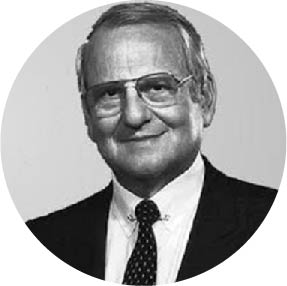
Whether you’re juggling multiple projects at work or tackling your to do list at home, a good night’s sleep makes everything easier.
But if you’re tossing and turning at night, you’re not alone. The Centers for Disease Control and Prevention estimates that 50 to 70 million American adults have sleep disorders. And an eye-opening survey by the National Sleep Foundation found that women report more insomnia and sleep disturbances than men do.
Reaching for a sleeping pill–sold over the counter or by prescription–is one solution, but it’s not always the best remedy. Here’s a look at when to consider medication for better shut-eye.
The case for medication “When people have trouble sleeping, sometimes medication is the answer,” says Dr. Damon Raskin, affiliated with Concierge Choice Physicians in Pacific Palisades, Calif., who specializes in sleep medicine. He adds that this is especially appropriate if you use sleep medication only occasionally and for a short period of time.
But there’s no one size fits all when it comes to sleeping aids. “Some sleep medication helps you fall asleep, and others work on both falling asleep and staying asleep,” says Dr. Raskin.
Rather than heading straight to an over-the-counter remedy, choosing the best medication should involve a conversation with your primary care physician and maybe even a sleep specialist to discuss your symptoms. He or she can help rule out an underlying medical condition, such as sleep apnea, a common yet serious sleep disorder that causes you to stop breathing momentarily during sleep, says Dr. Raskin.
At the doctor’s visit, you’ll need to describe your specific problem. It is falling asleep or staying asleep? Is it early morning awakening? Is it that you think you slept, but you wake up feeling exhausted?
If falling asleep is the issue, your healthcare provider may recommend melatonin, a natural hormone made by your pineal gland to induce sleepiness (usually around 9 p.m.), and sold as an over-the-counter supplement. If you have trouble staying asleep, the remedy may be doxylamine succinate (Unisom) or diphenhydramine (Benadryl), which works by blocking histamine, a brain neurotransmitter, to help you fall asleep and stay asleep.
Sleep Rx Prescription medication can also be helpful, such as zolpidem (Ambien) and eszopiclone (Lunesta), which induce sleep by causing the brain to release more gamma-aminobutyric acid (GABA), a sleep-inducing chemical. However, both drugs have the potential to impair memory and lead to dementia with long-term use, says Dr. Raskin.
Another prescription medication, doxepin (Silenor), has no addiction potential. Like non-prescription diphenhydramine, it works on the brain’s histamine receptors to help you stay asleep.
A newer prescription sleep aid, suvorexant (Belsomra), works by blocking orexin, a brain chemical that causes alertness. “It turns off the brain’s alertness signals and may be effective for people who say they can’t fall asleep because their brain is so activated,” says Dr. Raskin.
Be aware that any sleep medication has side effects and may even cause rebound insomnia: When you stop the drug, the insomnia can be worse than when you started. Overall, Dr. Raskin recommends using sleep medication for as short a time as possible, as advised by your health care provider.
“I try to find the right drug for the right patients, if they need drugs at all,” says Dr. Raskin.


